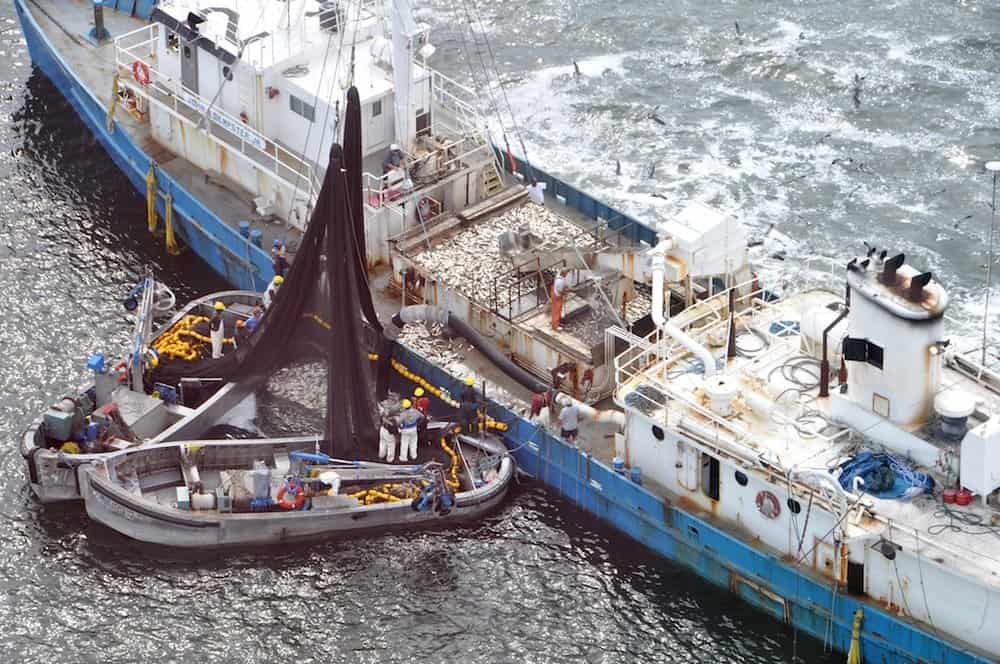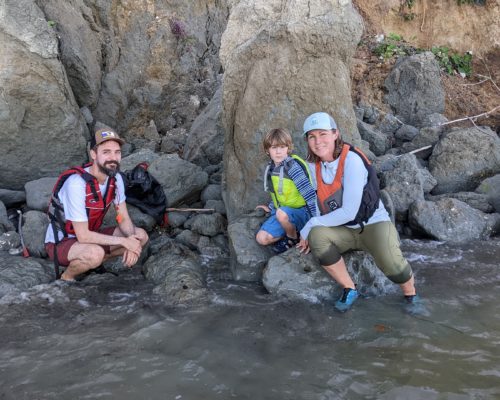Virginia’s menhaden fishery gets a major victory, as Atlantic fisheries managers decide not to hold the Commonwealth out of compliance with its most recent catch limits.
Back in fall of 2017, the Atlantic States Marine Fisheries Commission (ASMFC) voted to reduce the maximum allowable harvest on the Chesapeake Bay from 87,216 metric tons to 51,000 metric tons a year.
Virginia’s legislature failed to adopt the reduced catch limits, after the East Coast menhaden fishery’s biggest player, Omega Protein, argued the reduction was unnecessary. Under law, the U.S. Department of Commerce can put an immediate moratorium on a state that doesn’t comply with catch limits.
ASMFC won’t seek a moratorium from the Department of Commerce, announcing it has “indefinitely postponed” action to find Virginia out of compliance. ASMFC explains, the Virginia fishery has stayed within the limits of a precautionary “Bay Cap” that was imposed to protect the small, oily fish as an important link in the Chesapeake Bay food chain.
In a statement, ASMFC writes, “This action is contingent upon the Chesapeake Bay reduction fishery not exceeding the cap. If the cap is exceeded, the Board can reconsider the issue of compliance. In making its decision, the Board took into account the fact that reduction fishery harvest within the Chesapeake Bay has been below the cap level since 2012, including 2018 harvest. “
Unsurprisingly, Omega Protein applauded the decision not to pursue a noncompliant finding.
“The Commission made the right decision today because the Bay Cap is not ‘necessary for the conservation of the fishery,’ as is required in a non-compliance finding,” said Ben Landry, Director of Public Affairs for Omega Protein. “The Commission’s decision to press pause on this motion signals their acknowledgement that the basis for the reduced Bay Cap was not going to meet federal standards.”
Texas-based Omega Protein operates out of a Reedville factory employing about 200 people.
-Meg Walburn Viviano




